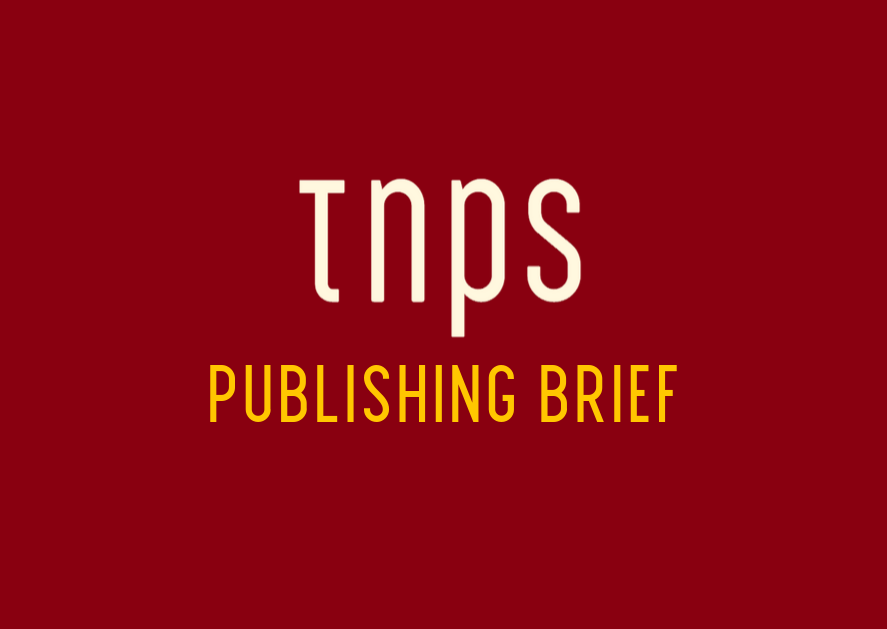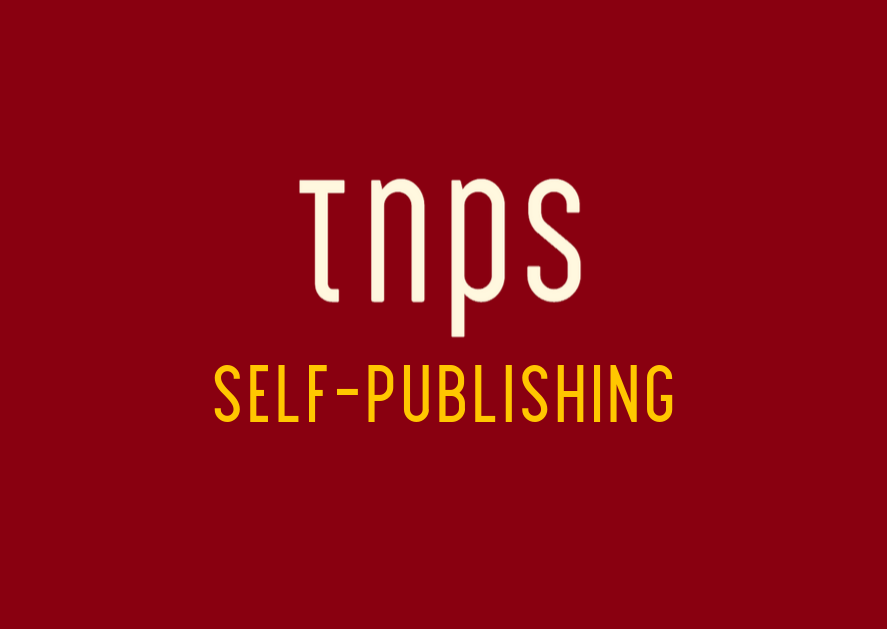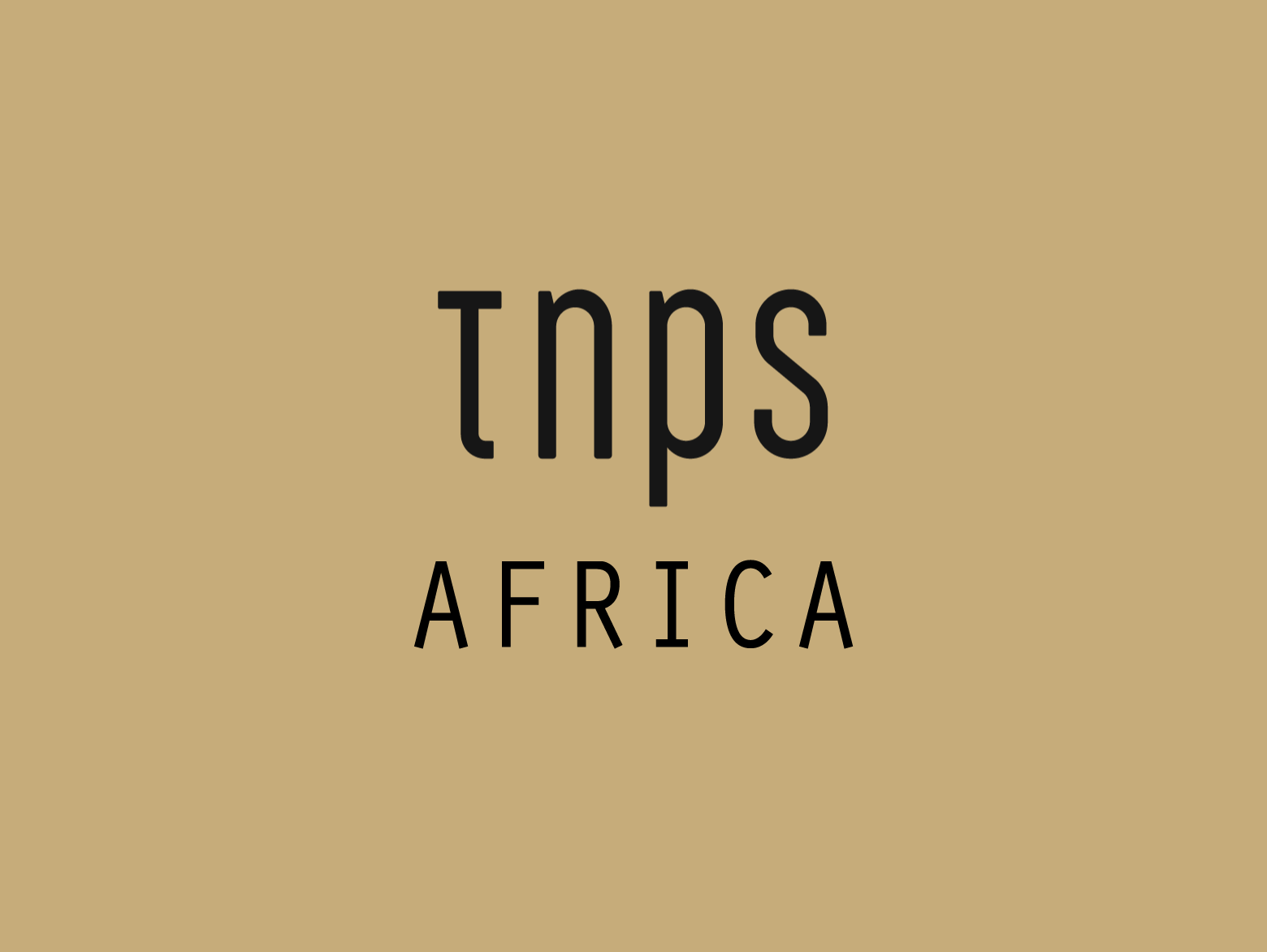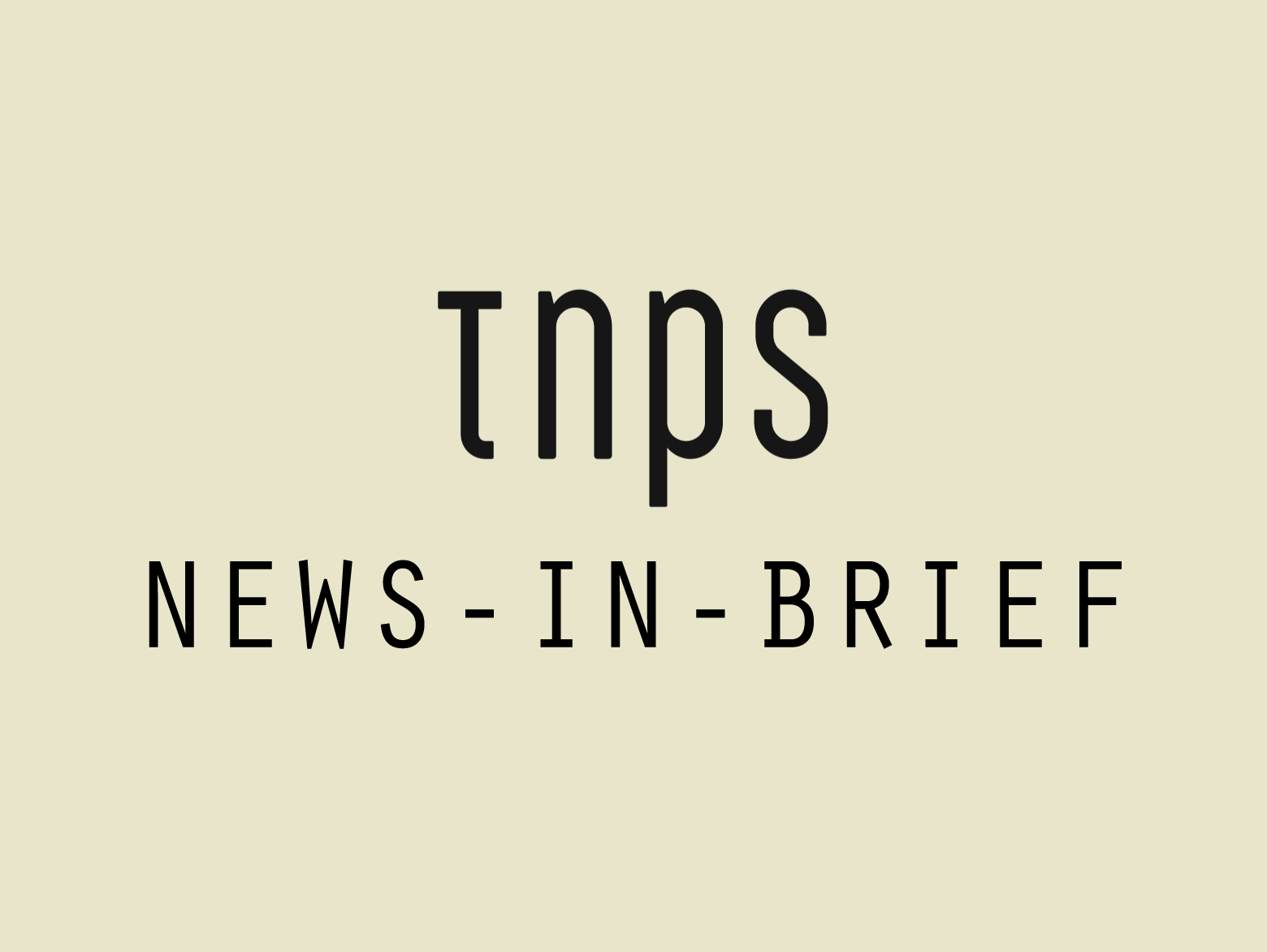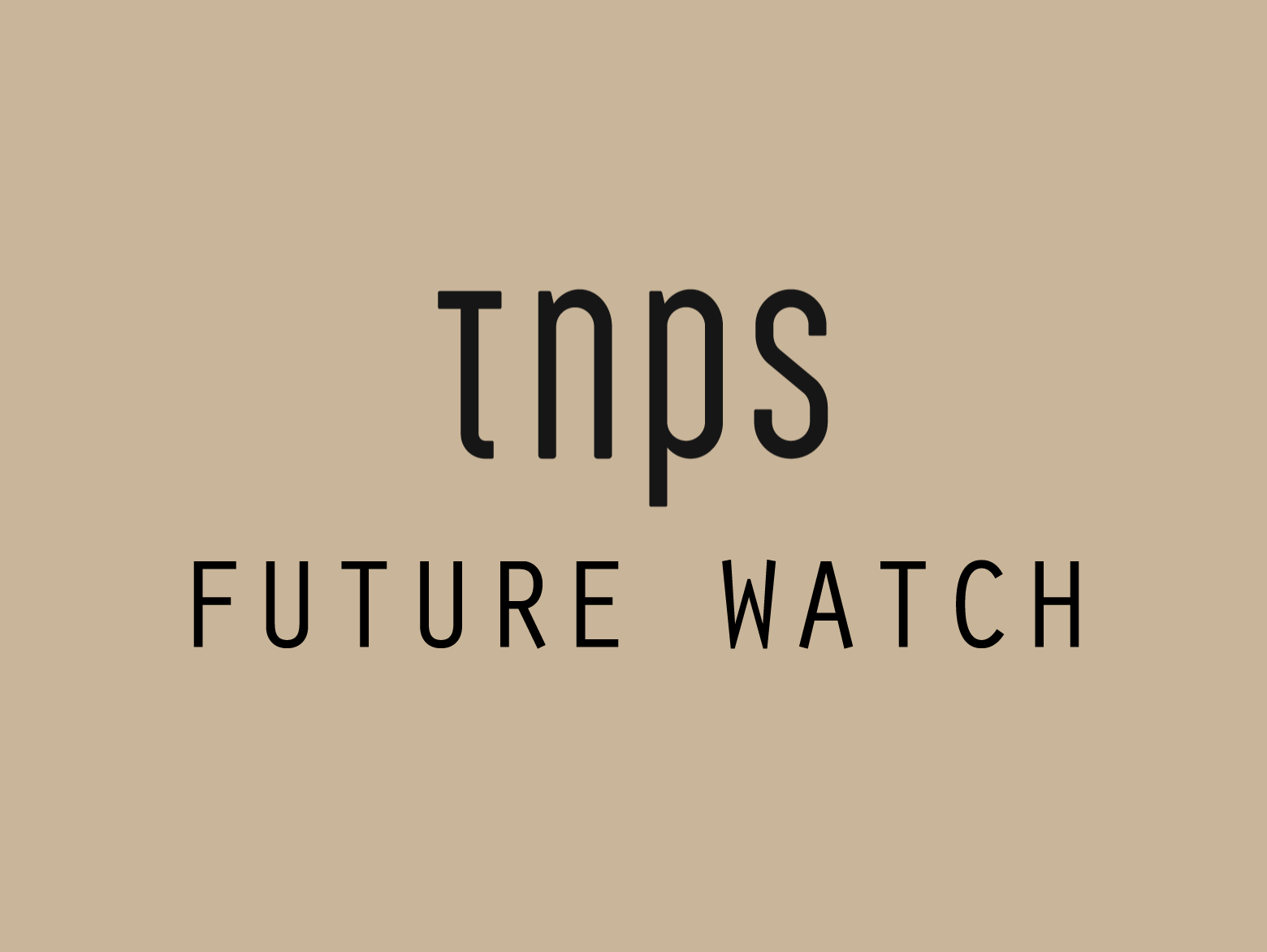Unlimited video streaming services are proliferating like wildfire, and unlimited ebook and audiobook subscription services are, depending on which part of the world we care to look, fast catching up.
Yippee is a new video streaming service for families with 2 to 10 year old children, rolled out to meet the needs of lockdown parents. The subscription model offers over 1,000 hours of curated content,
to appeal to kids who are interested in crafts, cars, animals, adventure and more (and includes) the first-ever car show for kids called Backseat Drivers.
Meanwhile Alamo Drafthouse Cinema has teamed with ScreenPlus and Vista Cinema to launch a new VOD platform as cinemas remain closed across the USA.
While publishers are finding digital an invaluable safety net, few have made any bold moves to step up their digital game. But among those that have is HarperCollins-owned Mills & Boon. Mills & Boon is no stranger to subscription – in fact many would argue subscription has been at the heart of its success, with both print and digital subscription packages long since in place.
Mills & Boon has risen to the challenge of the pandemic by taking the logical next step – an unlimited subscription service that leverages its backlist.
The move has received remarkably subdued coverage from the industry, historically dismissive of romance books and of subscription initiatives, but the logic behind the decision by HarperCollins to go down this road, albeit limited to the UK and Ireland, is worth rehearsing.
Already with a monthly UK readership of 1.3 million, says HarperCollins CEO Charlie Redmayne, the new unlimited subscription service is,
a brilliant opportunity for us to help our authors reach even more readers and to extend backlist e-book sales; given the current increased demand for positive escapist entertainment, now is the perfect time to launch this new service.
Okay, let’s remove the pandemic timing and look at what this really means:
reach(ing) even more readers and extend(ing) backlist e-book sales.
This is where the unlimited subscription model really comes into its own, leveraging the digital backlist that if available through regular ebook retail may go undiscovered and that, because of the very real limitations of print distribution and retail, can never be matched in the paper & ink sector.
It’s the same logic that drives film studios to release their catalogues to VOD services, because they understand that the very act of maximising content availability attracts new eyeballs and drives new revenue streams.
Not every publisher will be in a position to emulate the HarperCollins Mills & Boon experiment, but of course there are existing subscription services that can be used, from Storytel to Scribd to 24Symbols to Bookbeat to Kindle Unlimited.
And while the latter, being Amazon-owned, may be a step too far for publishers that see Amazon as a necessary evil, there can be few arguments that will stand up to serious scrutiny when it comes to not participating at least with backlist catalogues in the other unlimited subscription services.
Yet ironically it is this very reluctance by – nay resistance from – publishers to participate in services like Scribd that keep Scribd from fulfilling its potential and becoming a major force in North American digital subscription.
Unlike Storytel, Bookbeat, etc, Scribd is readily available in North America and the UK, for example, but without the full participation of the big publishers its catalogue cannot attract the subscriber levels needed to take it to the next level.
In the pre-pandemic era the popular position of the big western publishers has been to dismiss subscription as something consumers are not that interested in, understandably wanting to protect their print interests.
But in the lockdown era digital has shown its true value.
The big question is, will publishers in the post-pandemic era include unlimited subscription in their “new normal” as that evolves?
For those publishers still wedded to the pre-pandemic mindset that belongs, if not quite in the last century then at least in the last decade, it might be worth reminding ourselves of another VOD success story: Disney+.
Disney+, the unlimited subscription service from, you guessed it, Disney, is barely six months old, but in just five months hit 50 million paid subscribers worldwide, including picking up 8 million subscribers in India.
Disney+ launched in the US in November, expending into western Europe in March and in India in April.
Kevin Mayer, chairman of Walt Disney direct-to-consumer & international, said at the time,
We’re truly humbled that Disney+ is resonating with millions around the globe, and believe this bodes well for our continued expansion throughout Western Europe and into Japan and all of Latin America later this year.
The 50 million Disney subscribers come alongside and in addition to Hulu’s 30 million subscribers, Netflix’s 167 million subscribers and too many other millions of subscribers to too many other myriad VOD subscription services out there to count, that show consumers will embrace digital subscription wholeheartedly given a quality catalogue to buy into.
That’s something most publishers have consistently declined to consider, and it’s likely the near future new normal will not see that mindset change.
But publishers clinging to the past have, during the pandemic, been forced to take a step back and look again at how much the “This is how we’ve always done things” mantra has cost them in missed opportunities to ride out the current crisis.
I leave you with this summary of thoughts from Faber CEO Stephen Page, in the UK industry journal The Bookseller, where he explained Faber’s print sales were down 33% during the lockdown period but digital sales were rising.
Page said the company had “moved quickly” to close its offices a week before lockdown and had adapted “rather amazingly quickly to home working”. He admitted that it was “a challenge to get the company in the right shape and rhythm” for lockdown, but added: “As with many other businesses we’ve been surprised by how quickly we adapted”.
He anticipated lessons learned during the lockdown will outlast the pandemic. “We can integrate a great deal more home-working in the future,” he said, and the company will continue to focus on “online content marketing and a full on engagement with consumers.
As many authors rely on the revenue generated by launches and book promotions, Page predicted the industry would have to “rapidly evolve how events work”. He suggested it would become normal to experience events “as a hybrid of broadcast and theatre”, and said that this would bring “exciting possibilities alongside major challenges to overcome”.
The tragedy, the great difficulty and disruption, and the extreme challenge to our economy are not a context anyone would have sought. But it seems inevitable that the scale of impact will do great damage to things that were already fragile and force embracing of new ideas.
The acceleration is, though, to be embraced, ignoring the context.
We can work in more agile ways and be less-London-centric. We have been whole-hearted about content marketing and must continue to be.
We have seen rapid evolution in the hybrid of online-bricks & mortar.
And we have been experimenting and living in a future with a fire burning under our feet.
I think we can see much of what our future holds, once we navigate this terrible crisis, and we’ve had no reason to hold back from doing all we can to get to that shore.”

